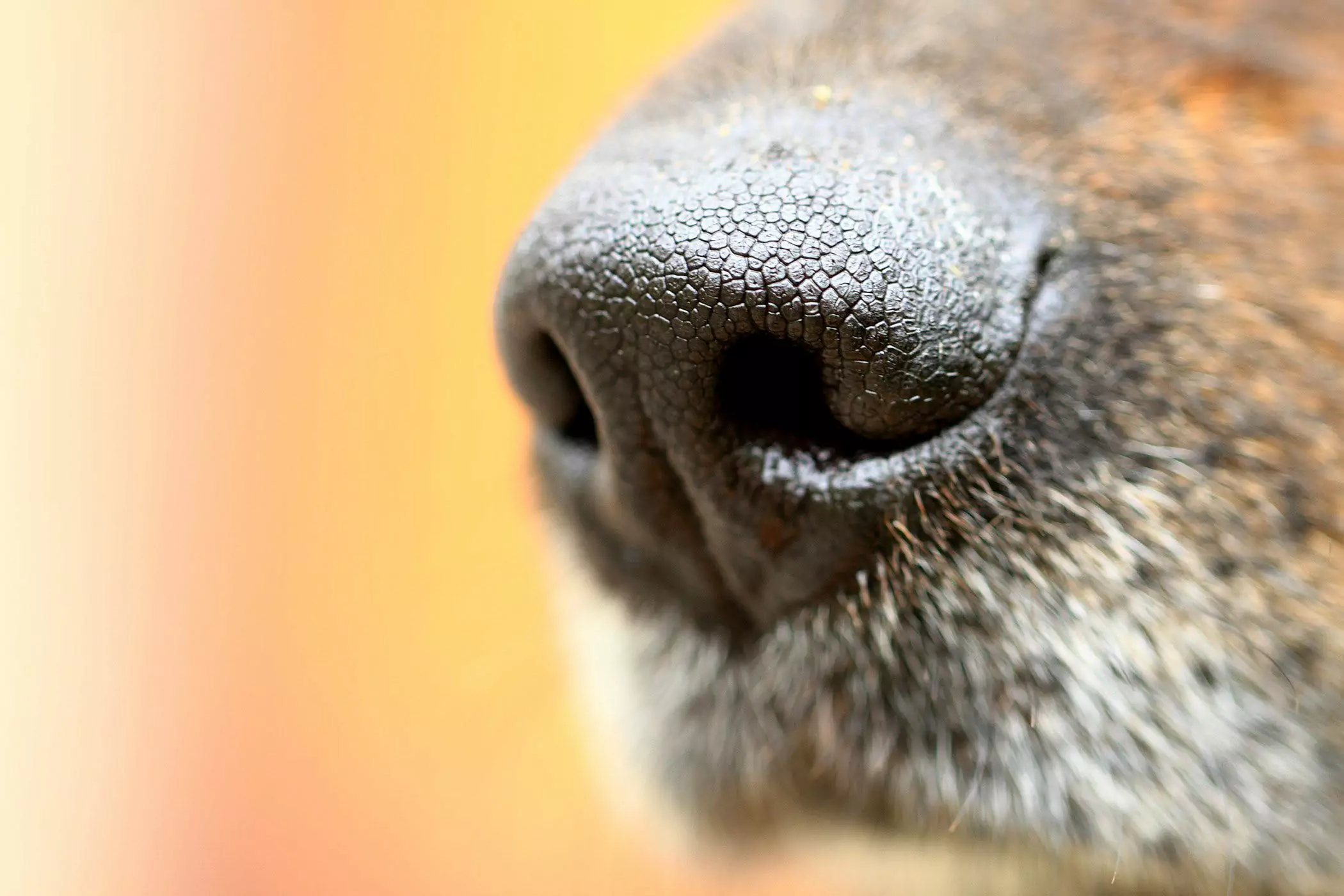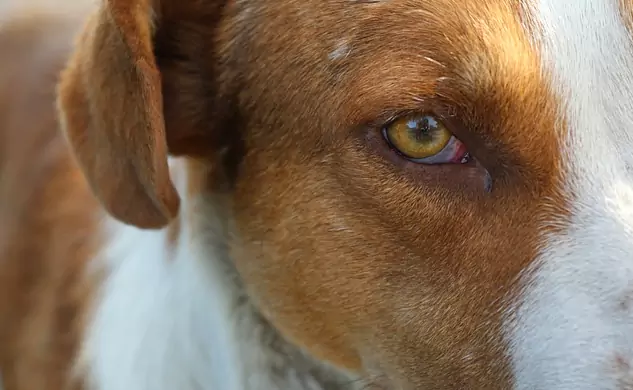Why won't my dog eat? Reasons why dogs don't eat
2022-07-08
Have you ever been concerned about your dog's appetite? A dog can skip a meal or two and still be active, but if you notice that your dog is not eating for a long time, be more alert. There are many reasons for a dog's decreased appetite, and sometimes it can be a sign of a health problem. So keep a close eye on your dog's reduced appetite. Here are some of the reasons why a dog's appetite decreases.
I. Reasons why dogs don't eat
1. Illness
If your dog had a good appetite, but suddenly becomes much less appetizing or even doesn't eat for a long time, then you should first consider if he is sick. You'll also want to keep an eye out for other symptoms, such as diarrhea, vomiting, dehydration, lethargy, or weight loss, that could signal the severity of the problem. Since many diseases can make dogs anorexic, such as infections, organ failure, cancer, etc., you should take your dog to the doctor as soon as you notice his appetite is abnormally low.
2. Overfeeding
Your dog's appetite has decreased, he may be eating too much. Be sure to control the amount of food your dog eats in a day. Some dog food packaging recommended feeding amount is too much, you have to determine how much to feed according to the standard of a healthy diet. The snacks and fruits you feed your dog are part of the total amount of food for the day.
So, count the main food and snacks together to develop a healthy and moderate feeding amount. And you can also take more exercise every day so that it consumes the body's energy, which is conducive to enhancing its appetite.
3. Temporary stress
Stress can make your dog's appetite drop. If the life your dog is used to suddenly changes drastically, such as having a new dog in the house or moving to a new home, these can bring stress to the dog and make it very nervous. These emotions can affect its appetite.
Symptoms of decreased appetite caused by stress can disappear as the dog gradually adjusts to life, while if your dog still has not regained his appetite after a long time, they may have severe anxiety, and then you will have to seek veterinary help.
4. Anxiety
Anxiety disorders are different from temporary stress, it is continuous. Anxiety can affect digestion, and dogs plagued by anxiety will not only lose their appetite but also have intermittent vomiting and diarrhea. It is best to seek veterinary help for your dog's anxiety problems, they are also experienced in this area.
5. Dental disease
People with toothaches can't eat well, and neither can dog with toothaches. Dental disease not only causes pain when your dog eats and makes him lose his appetite, but if left untreated, it can also lead to liver, kidney, and heart problems.
So, before your dog has any major dental problems, get him checked by a veterinarian urgently and follow the doctor's advice to start dental health maintenance.
6. Vaccine or drug reactions
Loss of appetite, accompanied by lethargy and low fever, are normal and common in dogs after vaccination. However, if your dog has a severe reaction, such as vomiting, hives, facial swelling, etc., you should take him back to the clinic immediately for medical attention.
Some medications can upset your dog's stomach and thus reduce your dog's appetite, such as painkillers and antibiotics. We should try to feed our dogs medication only after they have had a full meal.
7. Aging
As dogs begin to age, they will eat less. Dogs become less active as they get older, so they don't need to consume as much energy and therefore eat less.
For your aging dog's reduced appetite, you can discuss this with your veterinarian to see if it is normal for old age to cause less food, or if it is something else. You can ask your veterinarian to help your dog develop a nutritious, healthy menu that will allow your older dog to eat a little better.
8. Picky Eaters
Some dogs don't eat because they are picky. A dog's picky behavior may have been taught by its owner. If the owner feeds them premium food often enough for them to get into the habit, then they will become picky eaters and disdain coarse foods.
Dogs have no appetite lately, these eight reasons affecting the dog's appetite, the owner has to judge for himself
However, some dogs are picky eaters because for physical reasons, they may have digestive problems or food allergies, so keep an eye out for them.
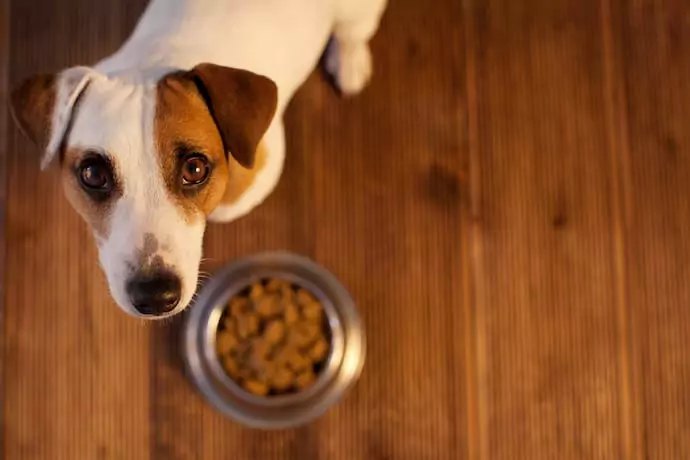
II. Why dogs have no appetite
The change of season is a major reason why dogs have no appetite. As we all know, with the onset of fall we not only have to prepare our dogs for their shedding but also for their heat and appetite problems. Many times, the change of season can easily cause them to have problems with their diet, so the pooper scooper should not be anxious, after a few days the dog will be fine. Especially now that summer has just passed, the dog may not have adapted to the new season.
If the dog's appetite is not good, it likely has gastrointestinal problems, gastrointestinal digestion is slow, and the dog will always have a sense of satiety, sense, appetite is also beginning to decline. Not only that, but it's also not good for your dog's bowel movement! Usually, pay attention to the dog's diet when eating, do not let it eat too much at a time to hold up the stomach, if there are gastrointestinal problems, you can feed the dog probiotics to regulate.
Pay attention to check the dog's food, as animals, the dog's sense of taste is very good, a slight spoilage will taste out. In this regard, some dogs may eat as usual, while others do not eat spoiled food. In this case, it is best to change the dog's food, the bad food has an impact on its physical and mental health. Perhaps when you change the food, the dog will start eating.
Dogs with parasites are prone to a lack of appetite. The parasites in your dog's body will suck up its nutrients, even if you give it more nutrients. Dogs can also feel the presence of parasites in their bodies, and this uncomfortable feeling can also cause them to lose their energy and appetite.
Often lack of appetite and not eating is also a precursor to some diseases, such as fever and cold, distemper, and other such diseases, which can cause anorexia in dogs to occur. In short, under normal circumstances, no dog does not a picky eater, often they are attracted by the food to the idea of picky eating. The owner can make meat supplements for the dog on time, or add some meat pellets to the dog's food, which can also regulate the dog's appetite and reopen his appetite.
3. Strategies to deal with a dog that is not eating
For the reasons we listed above, we can take targeted measures to actively deal with them. If we divide them in general, we can simply divide them into two types: non-disease and disease-induced.
1. non-disease caused by not eating the puppy during the period of tooth replacement, do not give it hard food, in addition to providing the dog with soft milk cake, you can also soften the dog food with hot water, and then let it eat, the effect is generally very obvious. And for the dog due to environmental changes caused by not eating, we have to be patient and reassuring, as long as the dog is gradually familiar with the surrounding environment, a sense of security and self-confidence is strengthened, will be a completely relaxed body and mind, happy to eat.
At the same time, for the weather change caused by not wanting to eat, we can change the time to feed the puppy, such as feeding time in the morning when the temperature is lower or cool night to carry out, you can also give the dog some yogurt to drink so that the puppy will have an appetite. In addition, the picky dog has become a habit, it is difficult to correct, the best way to reduce the supply of snacks, do not to let it eat human food, try to improve the puppy's diet, the usual feeding time, you can mix a certain amount of cat food in the dog food, puppies usually prefer to eat.
2. disease caused by not eating minor physical diseases caused by the puppy does not eat, should be actively treated, such as regular deworming of the dog, feeding the dog elimination tablets, eating standing fast-acting drugs, and so on. But like some psychological diseases, dog owners have to make some effort, such as the prevention and treatment of separation anxiety, which is a long process that requires time and energy. We must have enough patience and love, when the puppy's symptoms are improved, eating is the natural thing to do.
In addition, for serious diseases, we must focus on prevention, and the dog's daily life must be carefully taken care of, once there is an unexpected situation that we can not judge and solve, to quickly take the dog to the doctor, professional medical equipment and technology, to help the dog's health, the home environment can not be achieved.
Through the above introduction, I believe that you have a clear understanding of the reasons and solutions for puppies not eating. However, at the end of the article, we would like to make two additional points, one of which is the issue of outdoor exercise for dogs, we all know well that exercise is beneficial to the health of dogs. Dogs play more, consume more, good mood, and eat more, the phenomenon of loss of appetite will be reduced, let alone not eat.
Another point is the change in the mood of the dog, we all do not want to eat when we are in a bad mood, and the dog is also the same. So in the usual time with the dog, do not just reprimand and scold or even abuse the dog, when they are depressed and frustrated, and where will be in the mood to eat?
Was this article helpful to you?
Other links in this article
português (Brasil):
Por que meu cachorro não come? Razões pelas quais os cães não comem
中文简体:
为什么我的狗不吃东西?狗狗不吃东西的原因
中文繁体:
為什么我的狗不吃東西?狗狗不吃東西的原因
Comments
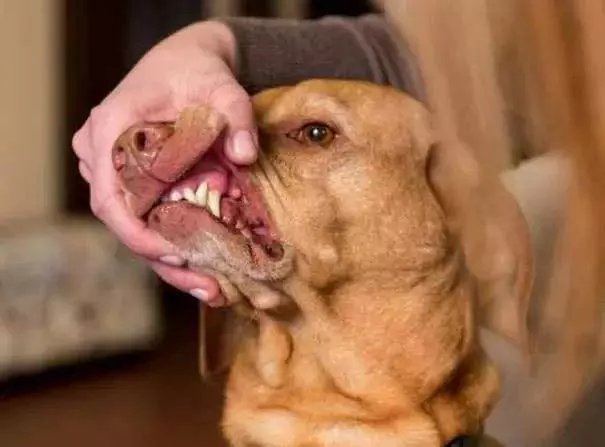
Is a dog's mouth cleaner than a human's? Dogs' mouths need regular cleaning

Can dogs eat beans? Do dogs eat beans for health?
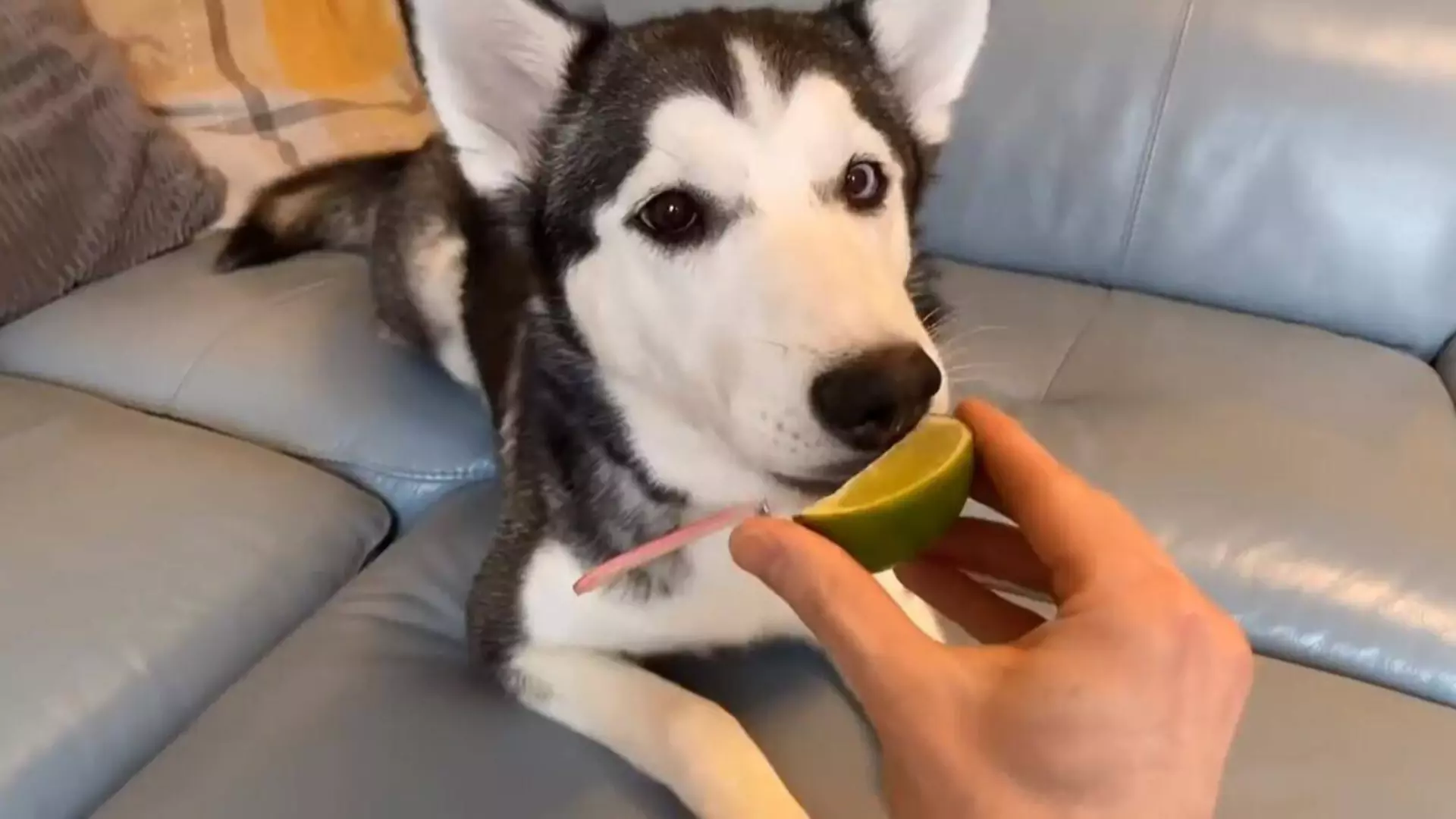
Can dogs eat lemons? Fruits that dogs should not eat more of
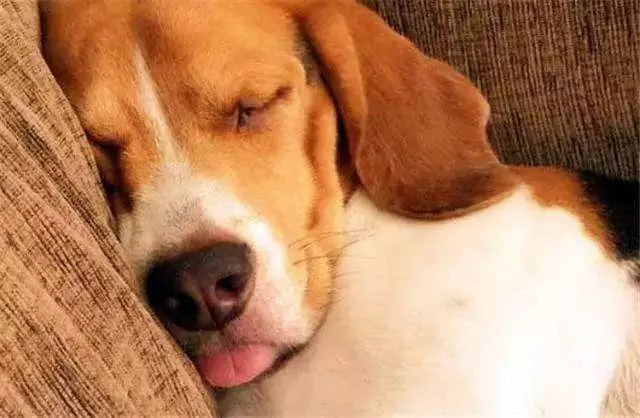
Do dogs have nightmares? Are dogs' dreams similar to humans'?
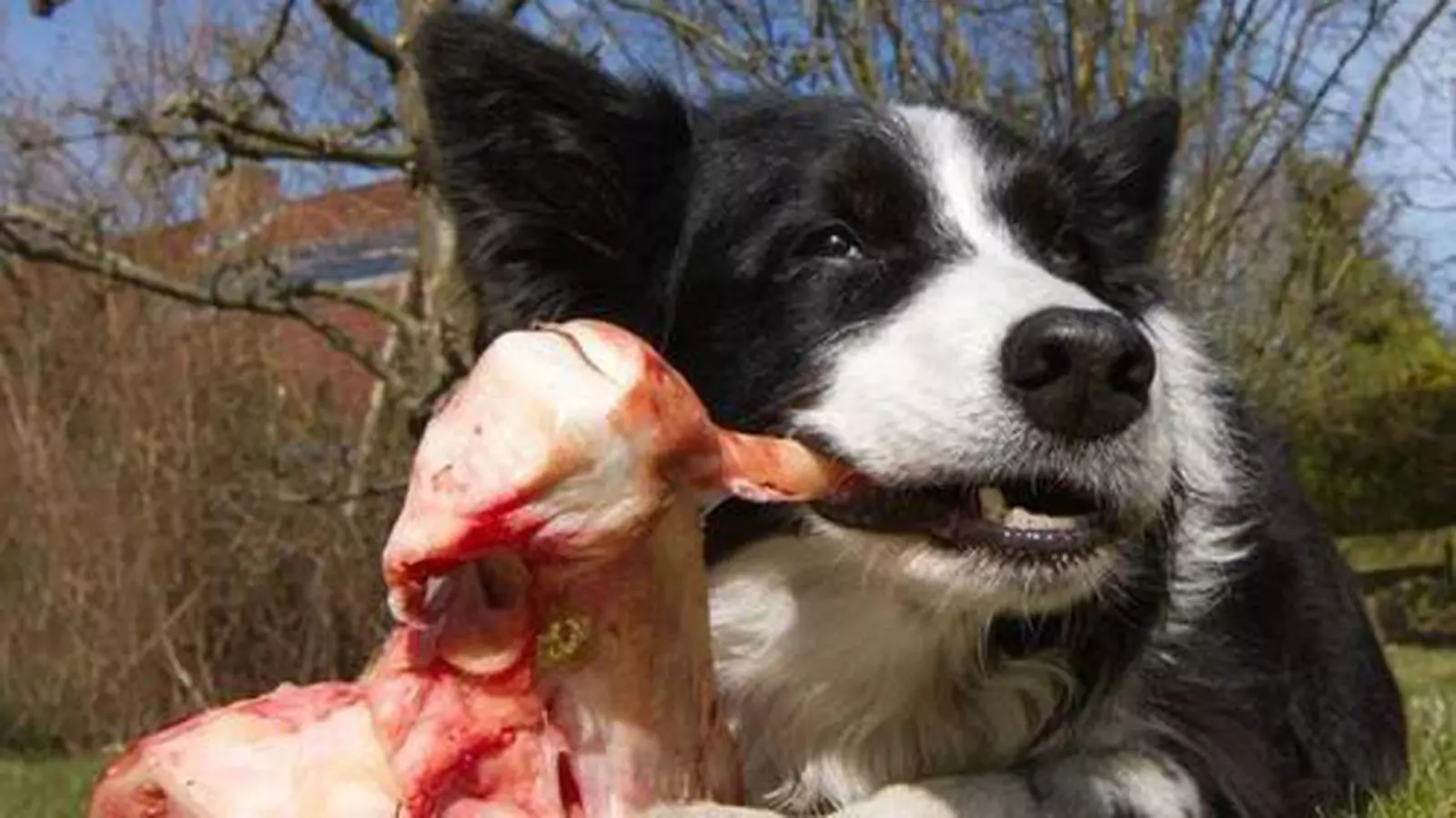
Can dogs eat raw beef? The benefits and drawbacks of beef for dogs
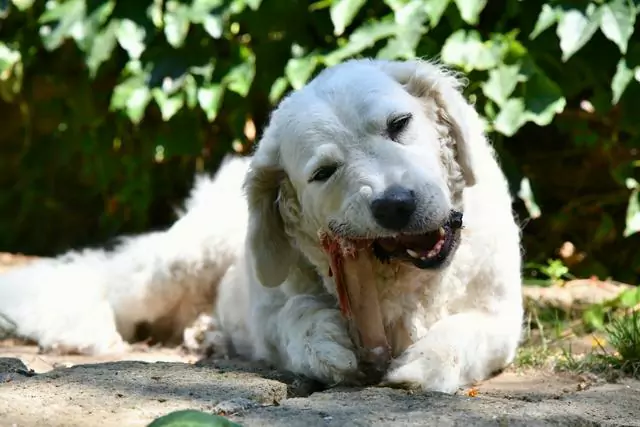
Is raw meat good for dogs? Can dogs eat raw chicken?

Can dogs eat pomegranates?
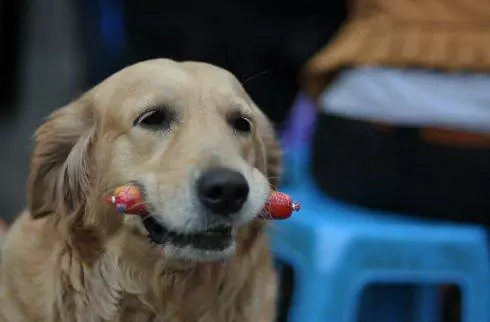
Can dogs eat ham?Can all types of ham hocks be eaten?

How to give a dog a bath

Can dogs eat kimchi?







